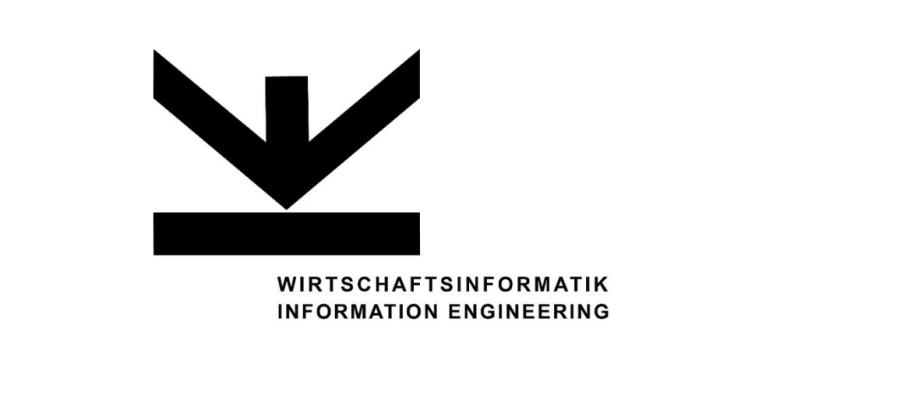Many trends in recent years have focused on digitalization. The "art of corporate management" has so far been neglected. Time for a turnaround.
Never before has a company had so much data, information and an enormous amount of knowledge at its disposal as it does today. Production, finance, sales and support are linked via ERP systems, market analyses and information on the Internet are available to everyone, and geographical information is available digitally. After all, the manager should have all the knowledge available in a system to fulfill his core task: making the next good business decision. But what is the current situation for management support?
The challenge
Data is passed on to decision-makers in abundance via so-called "BI systems". The digital work is already done. In the majority of companies, "Master Excel" reigns supreme - if at all. The rest of the decision-making information ends up unstructured in Word, PowerPoint, e-mails - or simply on paper.
The aim is to answer simple management questions "at the touch of a button":
- What are the strategic directions based on the corporate vision?
- What strategy does each decision/measure serve?
- Does a budget really reflect the sum of all measures for the coming financial year in a comprehensible way? As a deviation analysis, do I get an explanation that I have to trust as a manager, or is there a common content framework that I can use to understand the changes? Does a new short-term event automatically adjust the budget, or do I miss the opportunity because the budget is set as a simple number?
- Do I have a PASSIVE view of my current company's performance, rather than an overloaded data graveyard? Or do I have an integrated view of all the company's knowledge and information that enables me to make the next good decision?
- Do I know the organizational cornerstones of joint management - an overall management process?
- Do I know the necessary information for each meeting in advance and, above all, the necessary context of the information? Am I aware of the status of the discussion about the decisions to be made before the meeting - apart from e-mails that are only for information purposes?
- Do I have a clear picture of all the measures taken in the company and their current status?
If only one of these questions is answered in the negative, there is a need for action, as the necessary overview of the company is lost.
Concrete implementation of the digital possibilities
The next essential step is digital corporate management. The following criteria are associated with this.
- The recording and processing of "management knowledge" in digital and structured form directly in a management system. Away from strategic measures in a PowerPoint slide, towards a database-based recording of each individual strategic statement and measure.
- Complete view of the current strategy status through suitable and jointly agreed key figures and early indicators as well as structured integration of strategy tracking into the management process.
- Incorporation of the strategic view into an integrated operational BI decision-making system with a balanced overview of the company performance figures à la Balanced Score Card.
- Electronically traceable process for transferring all measures and expectations into a plan. Defining a process for how I arrive at changes in the figures for my planning cornerstones.
- A continuous link between the strategies and all agenda items and measures from decision meetings.
- Away with WORD protocols! With more than 20 meetings a month, the best I can do is get back to the previous information in the next meeting. Protocols must be recorded in a management collaboration system. The sum of the agenda items and all measures from the various meetings incl. of the status must be available "at the touch of a button".
Utilizing the full potential
So what is the core of digital corporate management?
- Electronically secured, mapped correlations between the strategic-tactical and operational view of the company.
- Embedding business decision-making processes in a central workflow-based system.
- Central, comprehensible view of correlations between company key figures and company decisions.
- The final financial planning arises from substantive measures - not the other way around.
- Automatic scenario presentation of a possible company situation after an opportunity has been seized or a risk has arisen.
- Comprehensible view of the decision-making process incl. Discussions, proposals and possible scenarios.
To put it provocatively, almost all companies are currently ineffective in this respect. Timely further development towards a digitally controlled company represents a decisive strategic advantage and the opportunity to increase efficiency and effectiveness.
TD Trusted Decisions provides the necessary overall expertise to accompany the transformation to a digitally controlled company. Only a combination of organizational, procedural and IT consulting and implementation expertise is suitable for increasing a company's "digital fitness".




































